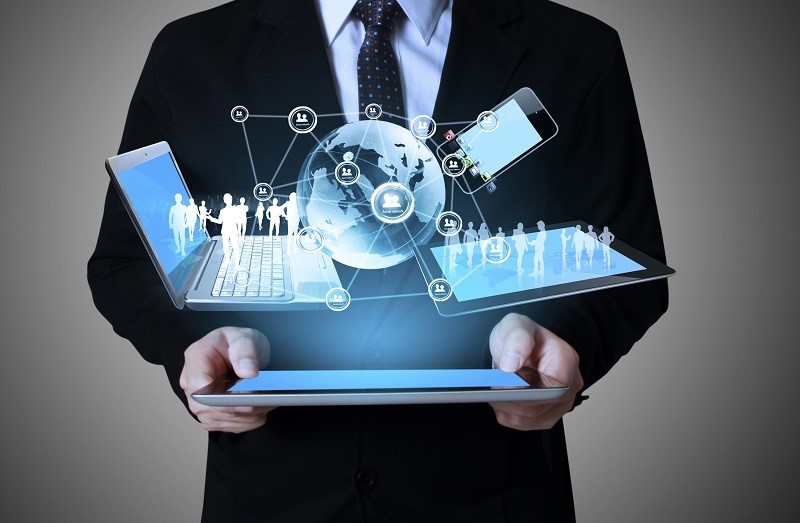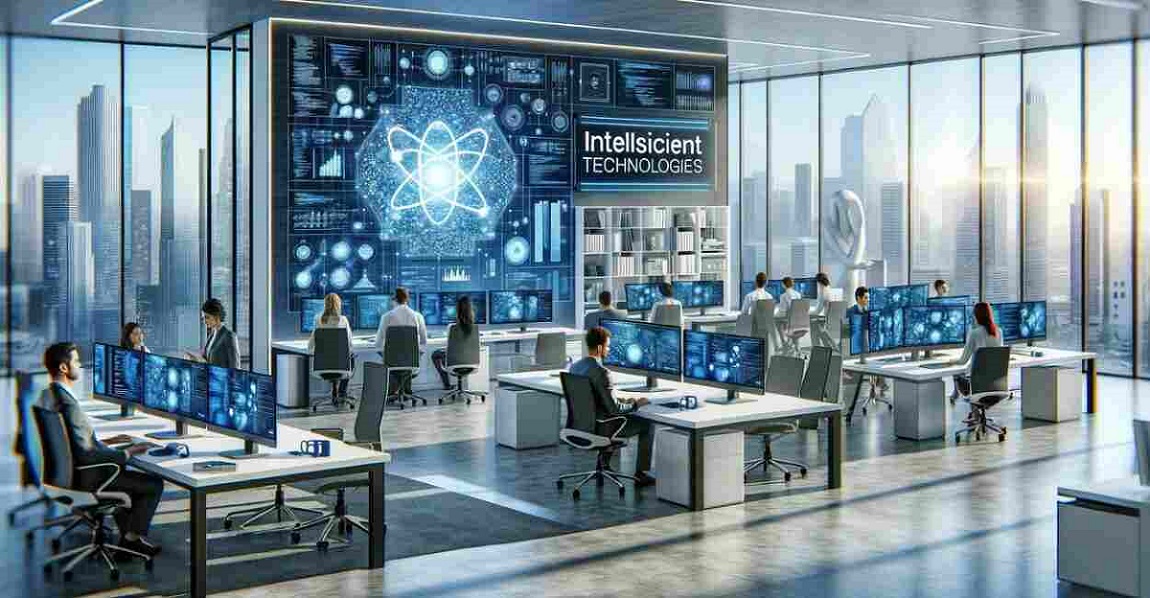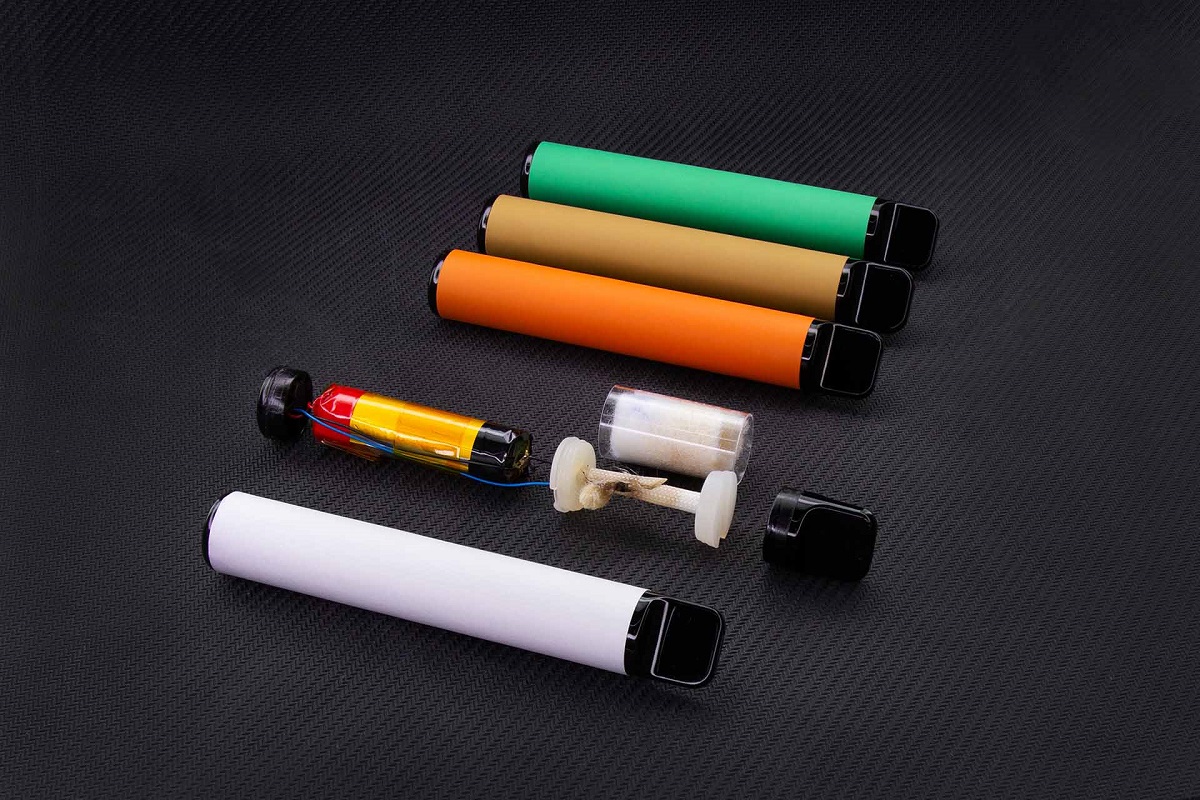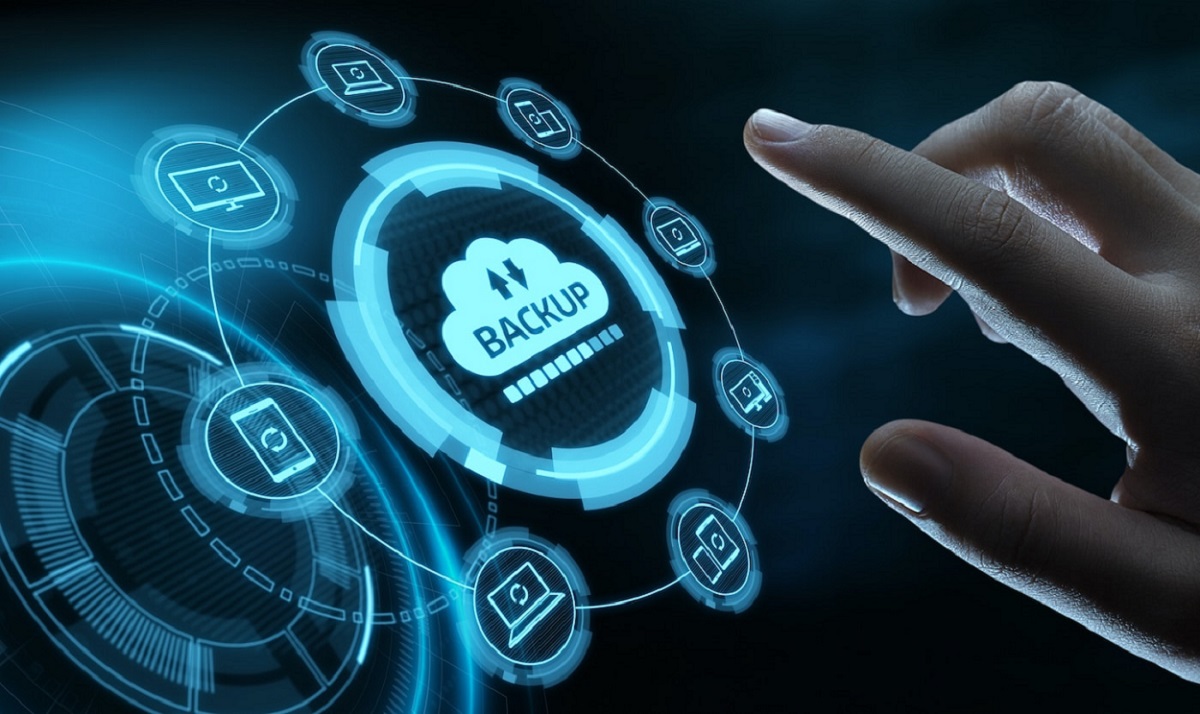Welcome to Intelliscient Technologies, a fascinating fusion of intelligence and science that’s revolutionising how we live, work, and interact. So what exactly are they? Simply put, they represent an amalgam of advanced technologies like artificial intelligence, machine learning, big data analytics, the Internet of Things, blockchain, etc. That work together to produce systems that are smarter, more efficient, and more insightful than before, making them an essential asset in today’s rapidly developing society.

Historical Background
Early Developments
Intelliscient Technologies was initially formed decades ago with the advent of early computing and automation. At that time, its focus was limited to simple tasks and calculations but over time, its capabilities have grown tremendously.
Evolution Over Time
Intelliscient Technologies’ journey from 1950s algorithms to cutting-edge AI systems today has been remarkable. Every decade has seen major advancements, whether that’s switching from basic machine learning models to deep neural networks or switching from standalone systems to interconnected IoT ecosystems.
Intelliscient Technologies’ Core Components
Artificial Intelligence (AI)
Artificial Intelligence (AI) is at the core of Intelliscient Technologies. AI allows machines to mimic human intelligence by performing tasks like problem-solving, pattern recognition and decision-making. From virtual assistants like Siri to autonomous vehicles, AI is everywhere.
Machine Learning (ML)
As part of AI, machine learning entails teaching computers how to learn from data by themselves, meaning their performance will improve over time without being explicitly programmed. Examples of machine learning in action can be seen with Netflix recommendation systems and fraud detection mechanisms in banking, which all depend on ML for optimal functioning.
Big Data Analytics
With the proliferation of data in today’s digital era, big data analytics has become an indispensable practice. It involves processing and analysing vast quantities of information to reveal hidden patterns, correlations, or insights, crucial elements in making informed business decisions.
Internet of Things (IoT)
The IoT connects everyday devices to the internet, allowing them to transmit and receive data. This network of smart home appliances and industrial sensors creates a network capable of automating processes and increasing efficiency.
Blockchain Technology
Blockchain provides a safe way to record transactions and manage data. Although best known for powering cryptocurrencies like Bitcoin, this innovative solution has an array of applications beyond finance. Supply chains, healthcare delivery, and more can all take advantage of its transparent nature to increase transparency and ensure security.
Intelliscient Technologies Applications of Intelliscient
Healthcare
Intelliscient Technologies healthcare innovations are saving lives. AI algorithms accurately diagnose diseases more effectively than humans do; IoT devices monitor patients health in real-time; and medicine and robotic surgery represent groundbreaking innovations.
Finance
These technologies have immense implications for finance sectors. AI and ML technologies are being employed for algorithmic trading, risk management, and tailored banking services; Blockchain provides secure transactions, while big data analytics assist with fraud detection.
Manufacturing
Smart manufacturing is driven by IoT and AI, with predictive maintenance helping reduce downtime while robotics and automation streamline production processes for increased efficiency and reduced costs.
Retail
Retail is becoming more personalised and efficient thanks to big data and artificial intelligence (AI). Predictive analytics forecast demand, while chat bots enhance customer service and IoT devices oversee inventory and logistics seamlessly.
Transportation
From self-driving cars to smart traffic management systems, transportation is experiencing a digital revolution. AI optimises routes, while IoT ensures vehicle-to-vehicle communication for improved safety and reduced congestion.
Benefits of Intelliscient Technologies
Enhanced Efficiency
Intelliscient technologies enhance efficiency by automating repetitive tasks that free up human resources to focus on more challenging work – leading to greater productivity and efficiency across various sectors.
Decision-Making Improvement
Businesses benefiting from real-time data and advanced analytics can make more informed decisions that reduce risks while expanding opportunities.
Cost Reduction
Automation and predictive maintenance provide significant cost reductions. Furthermore, better decision-making leads to resource optimization which further drives cost efficiency.
Better Customer Experience
Intelliscient Technologies makes customer satisfaction possible through tailored services and prompt responses, from product recommendations to quick resolution of issues.
Challenges and Risks
Data Privacy Issues With great data comes great responsibility: assuring data privacy while adhering to regulations like GDPR can be daunting tasks.
Cybersecurity Threats
With increased connectivity comes increased cybersecurity risks; protecting systems from hacking or data breaches is of utmost importance to maintaining peace.
Ethical Considerations
AI raises many ethical concerns, such as potential bias in algorithms or misuse by bad actors. Establishing ethical guidelines is essential.
Job Displacement
Automation may cause job displacement in certain sectors; however, automation also offers new opportunities that highlight the necessity of upskilling or reskilling workforce members.
Future Trends in Intelligent Technologies
Integration with 5G
5G technology will enhance IoT devices through faster and more reliable connections, leading to smarter cities and industries.
Advances in AI and ML
AI and ML will continue to advance, becoming increasingly sophisticated and integrated into everyday life. Expect more natural interactions with AI systems as well as smarter autonomous systems.
Growth of IoT Applications
The Internet of Things ecosystem will expand, connecting more devices and creating smarter environments. This expansion will spur innovation across various fields, ranging from agriculture to urban planning.
Expanding Blockchain’s Applications
Blockchain will find applications beyond finance, including secure voting systems, transparent supply chains and enhanced data management solutions.
Case Studies of Successful Implementations in Healthcare
Consider how artificial intelligence-powered diagnostic tools are revolutionising medical imaging. Companies like IBM Watson are leading this charge with improved accuracy and speed when diagnosing conditions.
Transformations in Financial
Sector ongoing JPMorgan Chase is using artificial intelligence (AI) for contract review, saving countless hours of manual review time. Meanwhile, fintech startups are using blockchain for secure and efficient transactions.
Innovative Retail Strategies
Retail giants such as Amazon use artificial intelligence (AI) for inventory control and customer recommendations, setting new standards of efficiency and customisation in customer experience.
How to Implement Intelliscient Technologies in Your Business
Assessing Needs and Goals
Assess Needs and Goals To implement intelligent technologies into your business successfully, start by identifying areas in which these technologies can bring the greatest benefit, then establish goals for what they intend to accomplish.
Select the Right Technology
Carefully consider which technologies align with the needs of your business, such as AI for customer service, IoT asset tracking or blockchain transactions.
Training and Development
Make an investment in training your workforce for new technologies, whether through upskilling current employees or recruiting experts with relevant expertise.
Measuring Success
Set key performance indicators (KPIs) to track the success of your implementation efforts. Review and adjust strategies frequently in order to maintain continuous improvement.
Conclusion
Intelligent technologies are reshaping our world, offering unprecedented efficiencies, insights, and innovations. As we face the challenges and seize the opportunities presented by these innovations, they will remain central components in shaping our futures. Businesses as well as individuals must remain informed and adaptable so as to maximize their full potential.





